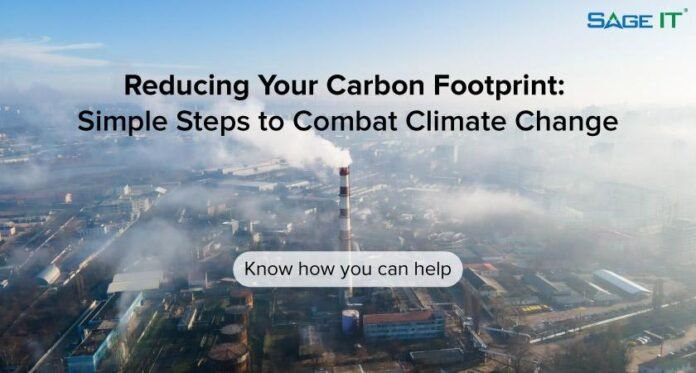To act on the 1.5-degree climate crisis, people must grasp their climate identity. Understanding their climate change impact helps them create goals and track progress. This understanding can affect society’s behavior, requiring government and industry change…
The 1.5-degree issue will persist. According to the IPCC study, climate disruptions are accelerating each year. Climate change mitigation is more urgent than ever. Governments and companies pledge carbon reduction, but little happens. Personal ‘climate identity’ is a game-changer.
Reports like the CDP show a worrying gap between aim and action. Government and business commitments are insufficient. We need everyone to lessen their carbon impact daily. To act, people must grasp their climate identity—how their lifestyle, consumption, and travel habits contribute to climate change. It allows people to make little changes without upsetting their lifestyles.
Solo petrol car rides generate more CO2 than carpooling. CO2 emissions from a 50-kilometer bike equal 50% of a tree’s annual intake. Imagine millions making extra driving trips.
People can establish goals and track their progress once they know their climate identity. Small adjustments like public transportation and virtual meetings fight climate change.
The idea also changes social conduct. Knowing their climate influence, people will embrace sustainable practices and demand government and company reform. The ripple effect will encourage climate change action.
Individual climate identification may be too complicated to establish on a wide basis. Technological advances and data collection make measuring and tracking individual carbon footprints easier.
In conclusion, fighting climate disruptions requires a unique climate identity. More must be done by citizens to get governments and companies to promise and commit. By understanding their climate identity, people may take significant steps to cut emissions and fight climate change. We must harness individual action to generate collective influence and ensure a sustainable future for future generations.
Conclusion
The IPCC report highlights the acceleration of climate disruptions, making the 1.5-degree climate change challenge a constant issue. Governments and companies must address climate identity to reduce the impact. Understanding one’s lifestyle, consumption, and travel behaviors’ climate change impact. Know your climate identity to create goals and track your success, making simple adjustments like taking public transportation and virtual meetings. This stimulates societal behavior change as people embrace sustainable behaviors and demand government and company change. Technological advances and data collection make tracking individual carbon footprints easier. Finally, individual climate identity is essential to fighting climate disruptions. Governments and companies must pledge more, and citizens must participate. Understanding their climate identity helps people reduce emissions and fight climate change.



